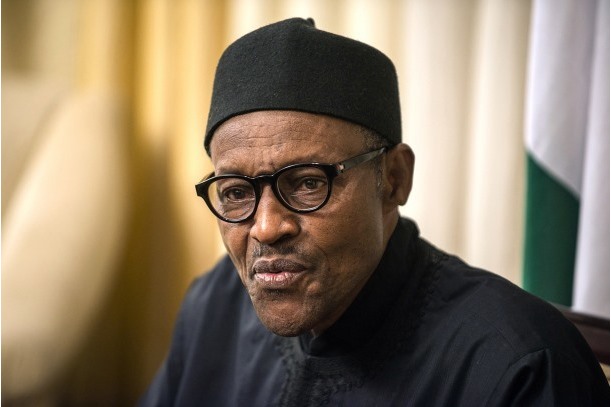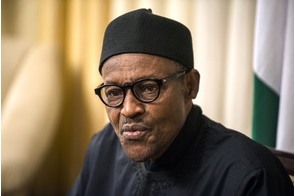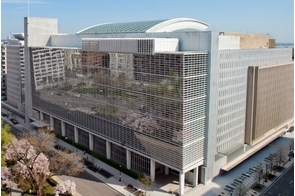Latest News
Nigeria’s construction industry to contract by 12.8% in 2020

News Highlight
Data continues to show that the bet by the government on infrastructure development is failing to lift the construction sector and the wider economy.
A new report on Nigeria's construction market reveals that weak public investment, alongside limited foreign direct investment (FDI) amid the global economic downturn caused by the COVID-19 pandemic will lead to 12.8 per cent contraction of the country's construction industry in 2020.
The report, released on Wednesday by Research and Markets, a United States-based market research company, says growth in the Nigerian construction industry will be dependent in part on credible implementation of government's fiscal and development policies. The report, "Construction in Nigeria – Key Trends and Opportunities to 2024," includes historical analysis from 2015 to 2019 and forecast (2020 – 2024) valuations of the construction industry in the country. It also features details of key growth drivers.
Research and Markets said, "Nigeria's infrastructure is inadequate for business needs, notably in terms of logistical bottlenecks and power deficiencies, while housing stock remains far short of demand for the fast-growing population." According to the company, weak growth in the Nigerian construction sector will make it difficult to address the infrastructure deficiencies that are holding back the country's development.
The Nigerian government, under the current administration of President Muhammadu Buhari has consistently bet the country's economic recovery and growth on investment in infrastructure. The administration budgeted N2.69 trillion for capital expenditure in 2020 and has proposed a N3.85 trillion (capex) in the 2021 Appropriation Bill.
During a presentation yesterday, the Permanent Secretary, Federal Ministry of Works and Housing, Ernest Umakhihe, said over 700 road projects were currently ongoing across the country. Some of the projects include the second Niger Bridge, Bodo-Bonny Road, Abuja-Kaduna-Kano Expressway and Obajana-Kabba Road in Kogi State.
The report by the US-based market research company provides analysis of the country’s mega-project pipeline, including breakdowns by development stage across all sectors, and projected spending on projects in the existing pipeline.
Despite the fiscal plans and economic projections of the government as contained in the Economic Recovery and Growth Plan (ERGP), data provided by the National Bureau of Statistics (NBS) shows the construction sector, which contributed 3.72 per cent to total gross domestic product (GDP) in 2019, only grew by 1.81 per cent last year. Year-to-date (based on Q1-Q3 2020 data), the sector contracted by 9.1 per cent.
Research and Markets’ report says the government continues to fall far short of its economic projections due to the decline in oil prices and lower production, which are contributing to tighter foreign exchange liquidity. The report also states high debt-servicing costs and low tax revenue have left little scope for fiscal spending. And with the impact of COVID-19 on government’s revenue, many public projects are expected to be delayed or cancelled, providing little room for new public projects.
According to the report, the impetus for growth in the economy will highly depend on monetary easing, although this will be restrained by high inflation. The expansion in the construction industry will also partly depend on the pace of implementation of the Nigeria Economic Sustainability Plan (NESP) – the country’s post-COVID-19 economic recovery plan and the transition plan between the ERGP and its successor national development plan.
Related News
Latest Blogs
- How Tinubu is ensuring equitable access to public services
- Nigeria’s economic reform faces new threats
- What Ould Tah’s tenure at BADEA reveals about his AfDB candidacy
- Implementation strategy crucial for the success of 12-4 education policy
- A senator’s suspension threatens the right of representation
Most Popular News
- Artificial intelligence can help to reduce youth unemployment in Africa – ...
- Tariffs stir inflation fears in US but offer targeted industry gains ...
- Nigeria records $6.83 billion balance of payments surplus in 2024
- Tinubu appoints new Board Chair, Group CEO for NNPC Limited
- CBN net reserve hits $23.1 billion, the highest in three years
- Soaring civil unrest worries companies and insurers, says Allianz









